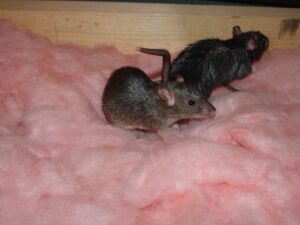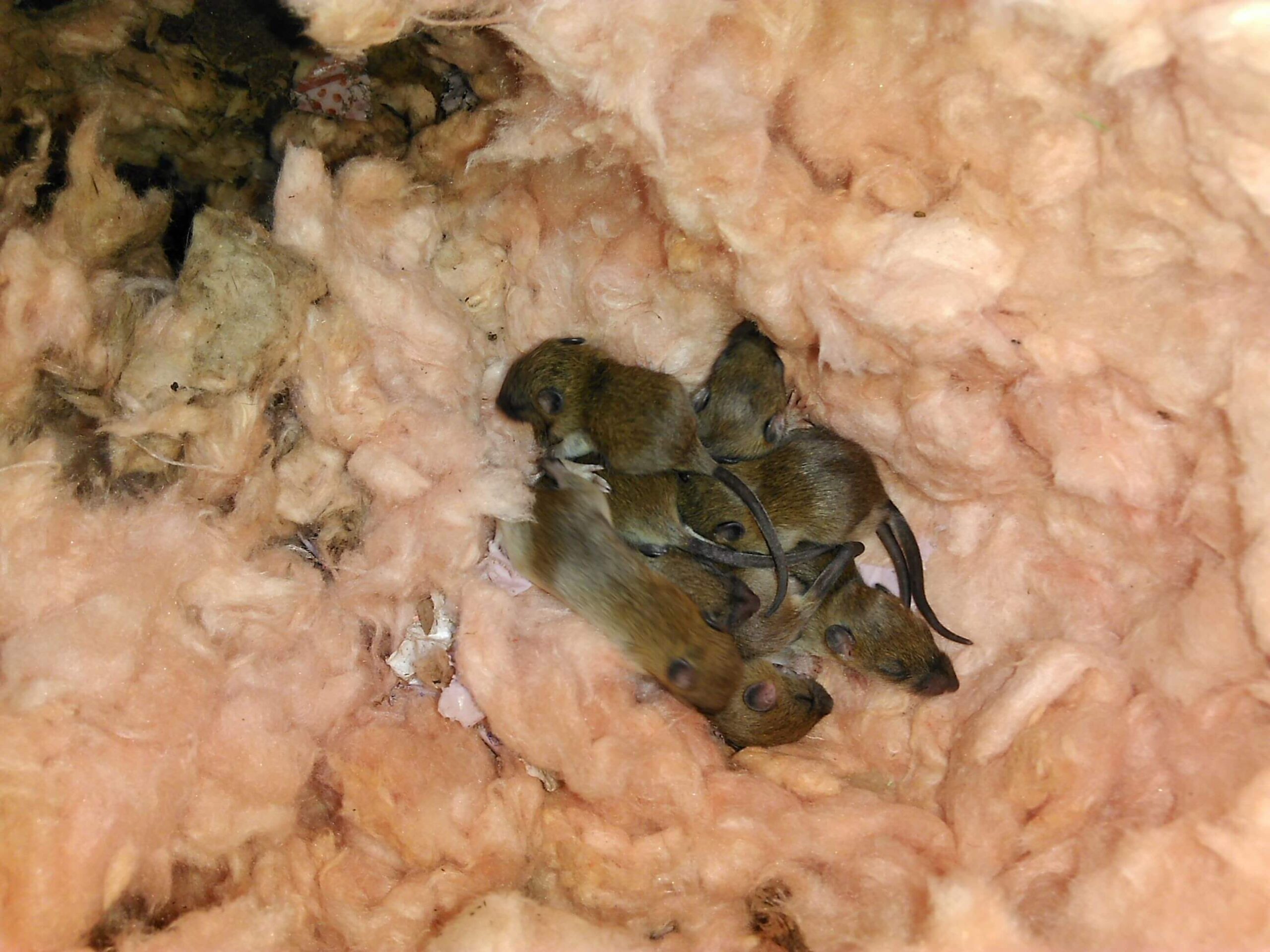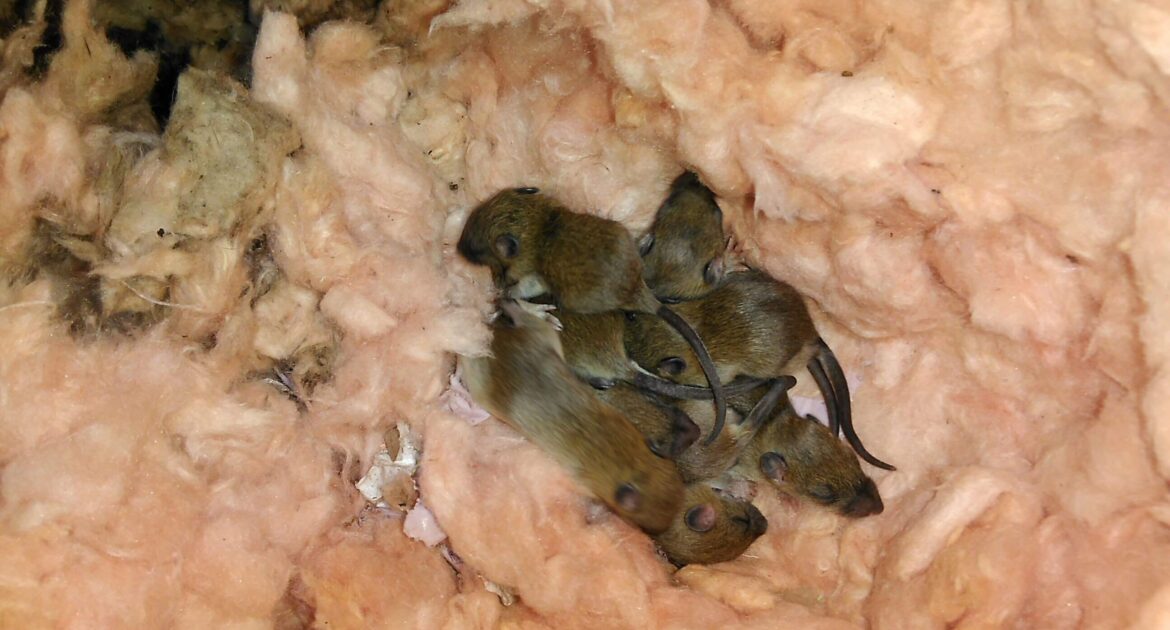Most people don’t spend much time thinking about rats or how they conduct their lives. It usually only becomes an issue when you find them taking up residence on or around your property. It is important to know some of the reasons that rats act the way they do to get insights into their behaviors.
Rats tend to be problematic pests when their social order is affected. It’s essential to know when it’s time to contact rat removal service Milwaukee. This post will help you understand more about the pecking order of rats and why their actions could mean trouble for homeowners.
Do Rats Have A Social Life?
Rats are indeed social creatures. They operate within social systems, which are necessary to establish order. Male alpha rats are the leaders, and lower-ranking beta, gamma and zeta rats make up the rest of the social group. So how do rat social hierarchies function?
- Alphas: Being the alpha rat is all about attitude. Alphas are not always the largest rat in the colony. It is how they control the group that matters. Alphas maintain order by stopping aggression within a colony.
- Betas: These are the colony peacekeepers. Betas are dominant over all of the members of their colony except the alpha. Typically, there are between one to four betas per colony, and their primary role is to maintain harmony.
- Gammas: Gammas are your average Joes. They do not assert any dominant tendencies. Instead, they get along with the gang and stay focused on their particular roles.
- Zetas: A zeta rat occupies the lowest tier of the social structure. In healthy colonies, they pal around with the gammas and keep their distance from the alpha and betas. If a colony is unhealthy, zetas are at best the social outcasts and at worst a target of other members.
It is a misunderstood notion that rat colonies are constantly fighting within their ranks. Typically, healthy colonies get along well and work with the leader to maintain order. In fact, rats participate in affectionate grooming rituals, and even some of their dominant behaviors are a part of getting to know each other better.
Are Rats Like Wolves?
 Researchers compared rat colonies to wolf packs in the past due to the dominant actions of male wolves in captivity. The problem with this observation was that wolves act differently in the wild. While they may appear to have a dominant male hierarchy, in actuality, this has more to do with training their young or trying to define a linear pecking order. Wolf packs function as families.
Researchers compared rat colonies to wolf packs in the past due to the dominant actions of male wolves in captivity. The problem with this observation was that wolves act differently in the wild. While they may appear to have a dominant male hierarchy, in actuality, this has more to do with training their young or trying to define a linear pecking order. Wolf packs function as families.
Rats, on the other hand, have a clearly defined social structure. Male rats become protective and aggressive when they defend their colony against other rat groups. Much like a Star Wars movie plot, rats are rattled by a disturbance in the force. Peaceful colonies become agitated and frantic when their social structure is threatened.
What Happens When You Break Up the Gang?
The introduction of other rats to an established colony is where the trouble starts. Rats don’t appreciate outsiders messing with their way of doing things or being hostile toward their members.
If this happens inside your home, mayhem follows. Rats fight aggressively and are capable of doing a lot of damage to a house when things get out of control. Additionally, rats have destructive habits that pose safety concerns, and they carry diseases, so they should never occupy a space with humans. If rats invade your home, get professional help right away.
Call in the Wildlife Control Professionals
Skedaddle Humane Wildlife Control Milwaukee has the solutions to your rat infestation problems. Our mission is to protect animals and keep our customers safe. Contact us to learn more about our highly effective three-step process.




